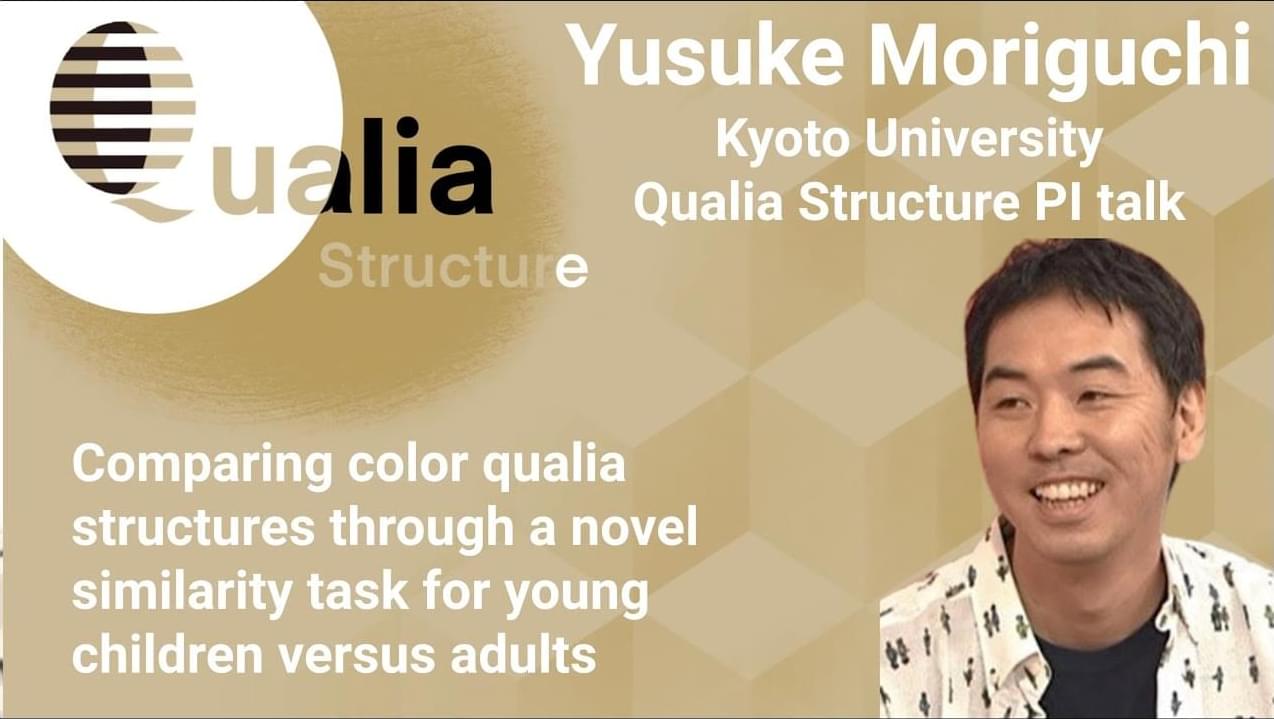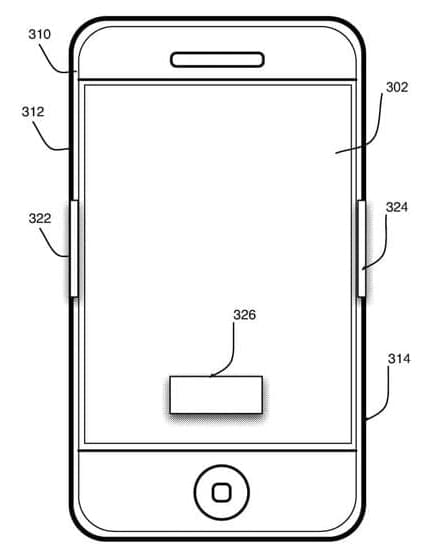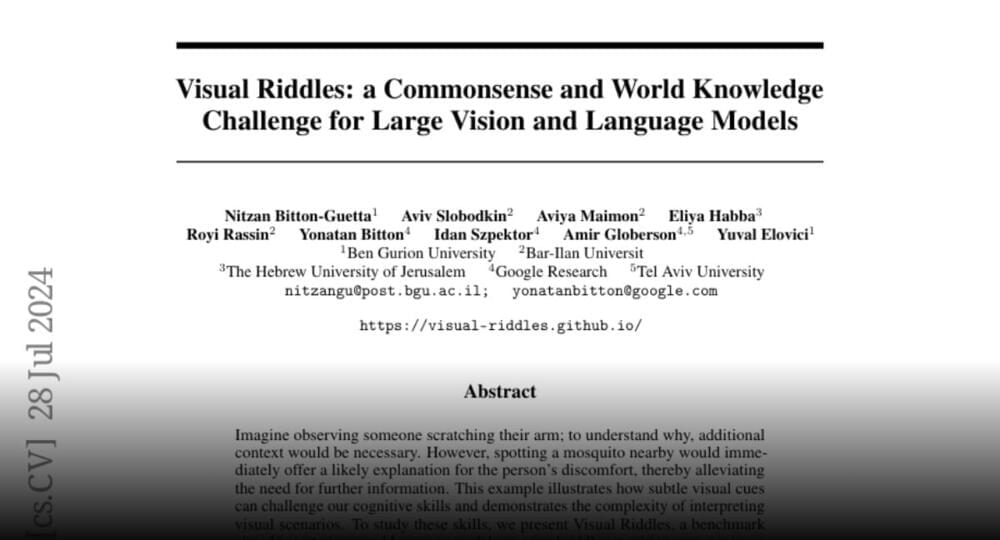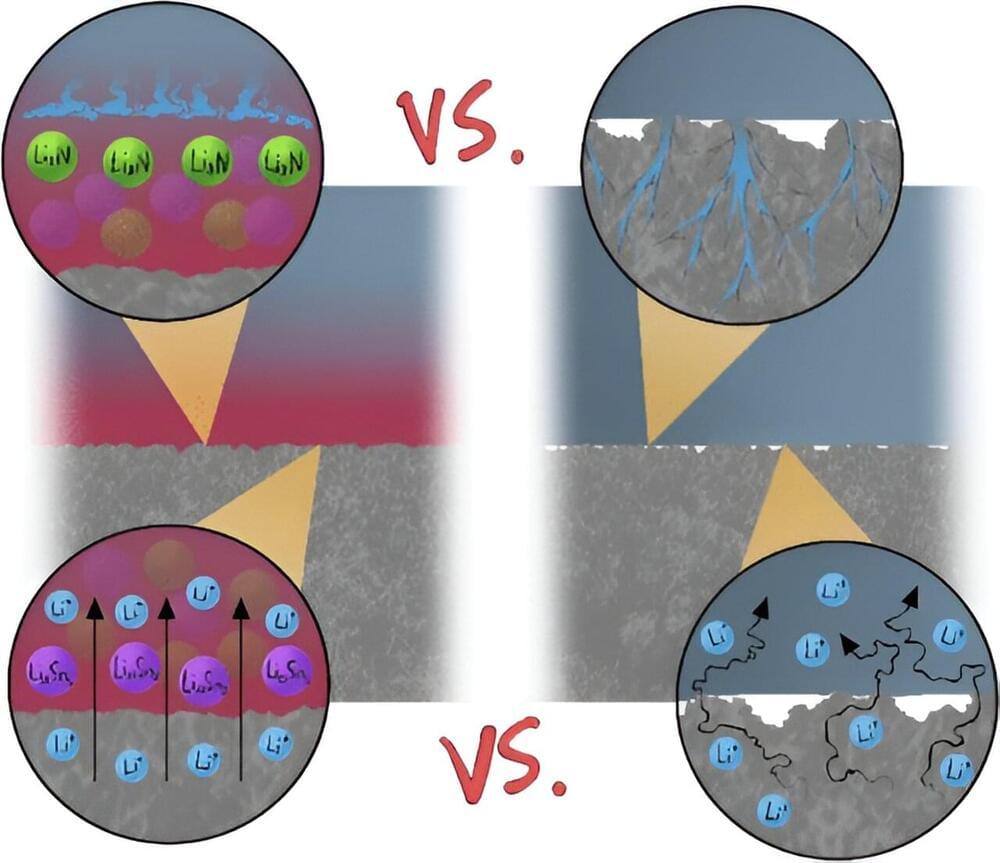Jul 31, 2024
Intense Exercise Boosts Seniors’ Brain Health Long-Term
Posted by Shubham Ghosh Roy in categories: health, neuroscience
Everyone knows that exercise helps both body and mind, but high-intensity interval training (HIIT) offers older adults an even greater boost for long-term brain health, compared to less intense workouts.

















